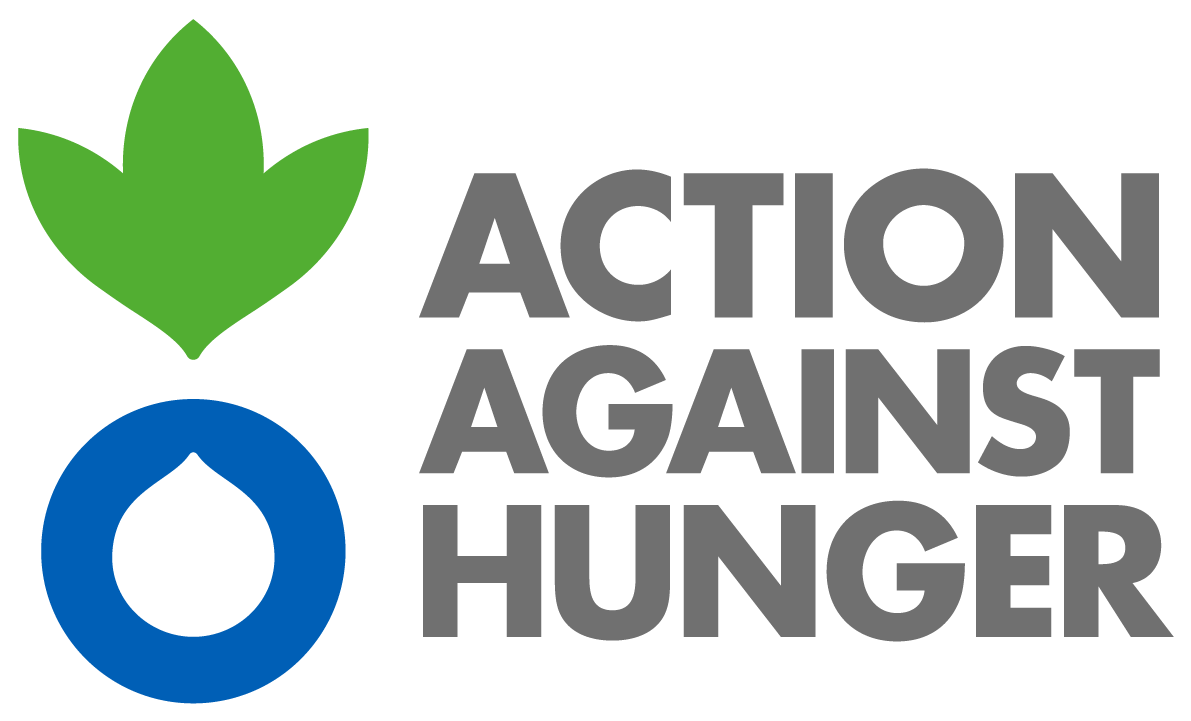Gaza on the Brink: Action Against Hunger Races To Prevent Child Malnutrition
Update from on the ground
Published by Action Against Hunger.
May 22, 2025
While the influx of flour has allowed some bakeries to reopen in southern Gaza—an important step towards curbing malnutrition among children and pregnant and lactating women—stocks of nutritional food for children under five are close to running out. Action Against Hunger’s stock of ready-to-use therapeutic foods (RUTF) will run out in less than a week in the south and in about 10 days in the north.
The sanitary situation is also critical: the entry of chlorine to make water drinkable remains unauthorized. In addition, the lack of gas and electricity cuts prevent cooking; a 1kg gas cylinder costs $200, an unaffordable price.
Nevertheless, Action Against Hunger teams continue to operate on the ground. "Our colleagues in Gaza are going through the same daily difficulties as the rest of the population, but they still insist on continuing their activities every day.”
Saving the lives of people in Gaza has become a race against time. "Currently, only six days have been authorized for the entry of trucks with humanitarian aid, without allowing NGOs to load essential supplies," says Action Against Hunger's head of Middle East operations, Natalia Anguera, who continues: "Flour has come in and some bakeries in the south have resumed operations, which is a vital step forward in combating malnutrition among children and pregnant or breastfeeding women, but specific nutritional supplies reserves for children under five are about to run out in the same area." Even if bakeries now have flour, the lack of fuel, energy, and safe water supplies prevents these facilities from being fully operational.
Our teams on the ground report that there are less than seven days' supply of therapeutic food, essential to prevent acute malnutrition in children aged 6 months to 5 years, in southern Gaza and 10 days in the north. There is still a lack of gas and continuous power cuts. Families can barely cook, except by burning leftovers in the streets, and a 1kg canister of gas costs $200, a price that is completely unaffordable for any family.
The entry of chlorine for water purification remains unauthorized. Our water trucking is critically dependent on the availability of petrol, which is also in short supply.
How We Are Working to Save Children's Lives in Gaza
The latest UN analysis, in which Action Against Hunger is involved, is stark: 71,000 cases of acute malnutrition are expected among children under five, of whom 14,100 could die if they do not receive urgent assistance. In the face of this unprecedented humanitarian emergency, our teams on the ground are pouring all available resources into protecting children and their mothers.
The urgency is paramount. As one of our breastfeeding counsellors in Gaza tells us: "Every visit confirms my worst fears: there is no end to this crisis. The situation is becoming increasingly catastrophic, and the acute shortage of aid and assistance is becoming more and more alarming".
At Action Against Hunger, we are developing essential programmes to prevent and treat malnutrition. We distribute nutritional supplements to children aged 6–59 months, as well as pregnant and lactating women, to strengthen their health before malnutrition sets in.
We provide specific care for those who already suffer malnutrition, tailoring treatments to individual needs. For babies aged 6–23 months, we provide safe and appropriate complementary foods, essential for their development in an environment where there are few viable alternatives. Early detection is key: we assess children and women by measuring their arm circumference, a simple but vital technique for early action.
We also implement our specific programme for pregnant or breastfeeding women who are already suffering from malnutrition, offering a nutritional reinforcement adapted to their needs. In addition, we care for and treat children who are acutely malnourished, both severely and moderately.

